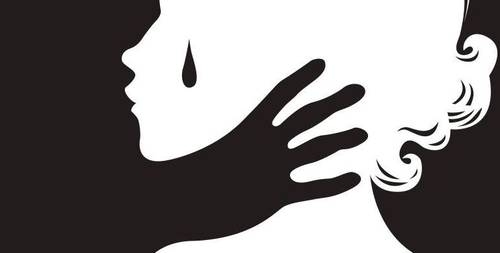Capitalism as we know it, is a flawed economic system, the essential feature of which is the motive to make a profit. The capitalist system we have today is effective in creating large amounts of wealth but is structured in such a way that this wealth is disproportionately distributed. In an ideal society, the efficiency of an economic system is measured not by its ability to maximize total wealth, but by its ability to maximize the comfort of the individuals who constitute that very economy.
Capitalism, however, wasn't always viewed in this light. When Adam Smith, the 'Father of Capitalism', first invented the concept, he intended for it to be a solution to the inefficient distribution of resources. For a long time, the system served its purpose, capitalism didn’t focus on profit at the expense of society and instead served the people. Unfortunately, as of 2021, many key markets have been monopolised with no credible competition or regulation.
Capitalism in some form is the basis for nearly all economies today and this is apparent in the excessive amounts of advertising around us. Advertising seems to endlessly create new needs for people rather than satisfying their existing ones. Large corporations across the world spend nearly 500 billion dollars a year, selling products to help solve problems that they created. The same corporations use a number of questionable and manipulative strategies to try and convince us that their product is worth it, by associating their product with a famous personality or a progressive social movement. According to philosopher Natalie Wynn, the ubiquitous and apparent effectiveness of advertising seems to contradict one of the fundamental assumptions of a capitalist society: that we are autonomous individuals capable of making rational decisions on our own.
The harsh truth is that the capitalist system that we have today is just a facade that masks an underlying hierarchy of power and wealth. The global economy, structured around cheap exploited labor at the bottom and the exclusive elite at the top, seems to operate in a way that makes this stark contrast of poverty and wealth, inevitable. If those failing under capitalism aren’t allowed to criticize it because they are seen as merely resentful, and those succeeding under capitalism aren’t allowed to either, because they're directly benefited by the system, then who is allowed to criticize capitalism?
There is no doubt that capitalism has lost its way. The inequalities in our society only further highlight how far we’ve strayed from its original intent. That being said, we don't have to stand by and watch the social divide increase. In a system where everything is driven by supply and demand, our collective demand is the single most valuable asset we possess. Investing consciously in sustainable products and small businesses goes a long way when it happens on a global scale. The solution lies, not in waiting for the current system to fail, but in realizing the power we hold as responsible global citizens, to help get the system back on track.





